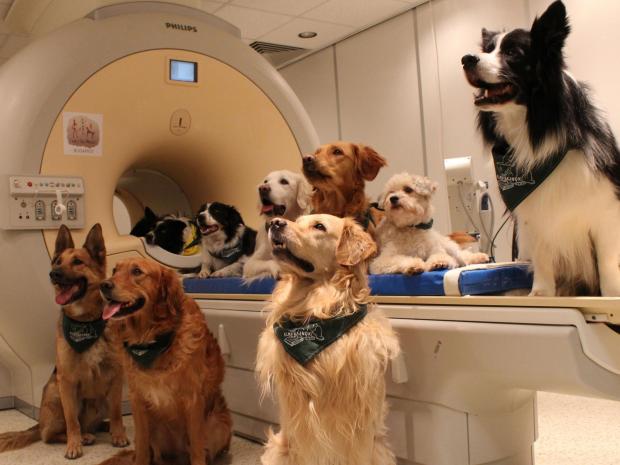-
Tips for becoming a good boxer - November 6, 2020
-
7 expert tips for making your hens night a memorable one - November 6, 2020
-
5 reasons to host your Christmas party on a cruise boat - November 6, 2020
-
What to do when you’re charged with a crime - November 6, 2020
-
Should you get one or multiple dogs? Here’s all you need to know - November 3, 2020
-
A Guide: How to Build Your Very Own Magic Mirror - February 14, 2019
-
Our Top Inspirational Baseball Stars - November 24, 2018
-
Five Tech Tools That Will Help You Turn Your Blog into a Business - November 24, 2018
-
How to Indulge on Vacation without Expanding Your Waist - November 9, 2018
-
5 Strategies for Businesses to Appeal to Today’s Increasingly Mobile-Crazed Customers - November 9, 2018
Your dog knows exactly what you’re saying and studies show how!
“This shows …that dogs not only separate what we say from how we say it, but also that they can combine the two for a correct interpretation of what those words really meant”, Andics told the AAAS. Most of us probably believe that our furry friends can only understand intonation; hence it does not matter what we tell them as long as we say the words in a nice way. Attila Andics and her team trained a group of dogs to lie on an MRI scanner, where they could have their brains scanned.
Advertisement
When the dog’s brain detected a meaningful word combined with praising intonation, this activated the reward centre. And when they heard words of praise delivered in a praising tone, yet another part of their brain lit up: the reward area.
Dogs process both words and the intonation of human speech to decipher meaning.
Trained dogs gather around the fMRI scanner in Budapest.
While the news might make you feel closer to your dog, don’t expect to be recognized if you FaceTime them while you’re away. “What we saw is that for praise to be processed as a reward, when there is no other supporting information, both word meaning and intonation have to fit”.
“But there was no difference for meaningless words, and this effect was independent from intonation”.
During the study a trainer spoke selected “praise” words to the dogs, including “clever”, “well done” and “that’s it”.
“The most hard aspect of this training is for dogs to understand that being motionless means really motionless”, said Andics, who published the findings in the journal Science. But it was clear to the dogs that their human companions loved it when they did this very easy task.
Obviously, dogs who live in the wild may not develop this capability, but family dogs who are bathed in words from their humans over time can learn to understand many of them, just as an infant does. “The neurological capabilities, which many thought was reserved only to man, actually exists among other species”.
Advertisement
The dogs listened to their trainers via headphones. But dogs became truly happy when they heard praising words in praising intonations. The left hemisphere of the canine brain processes meaning, while tone of voice is dealt with in the right hemisphere. According to Andics, words are uniquely human because we came up with them.





























